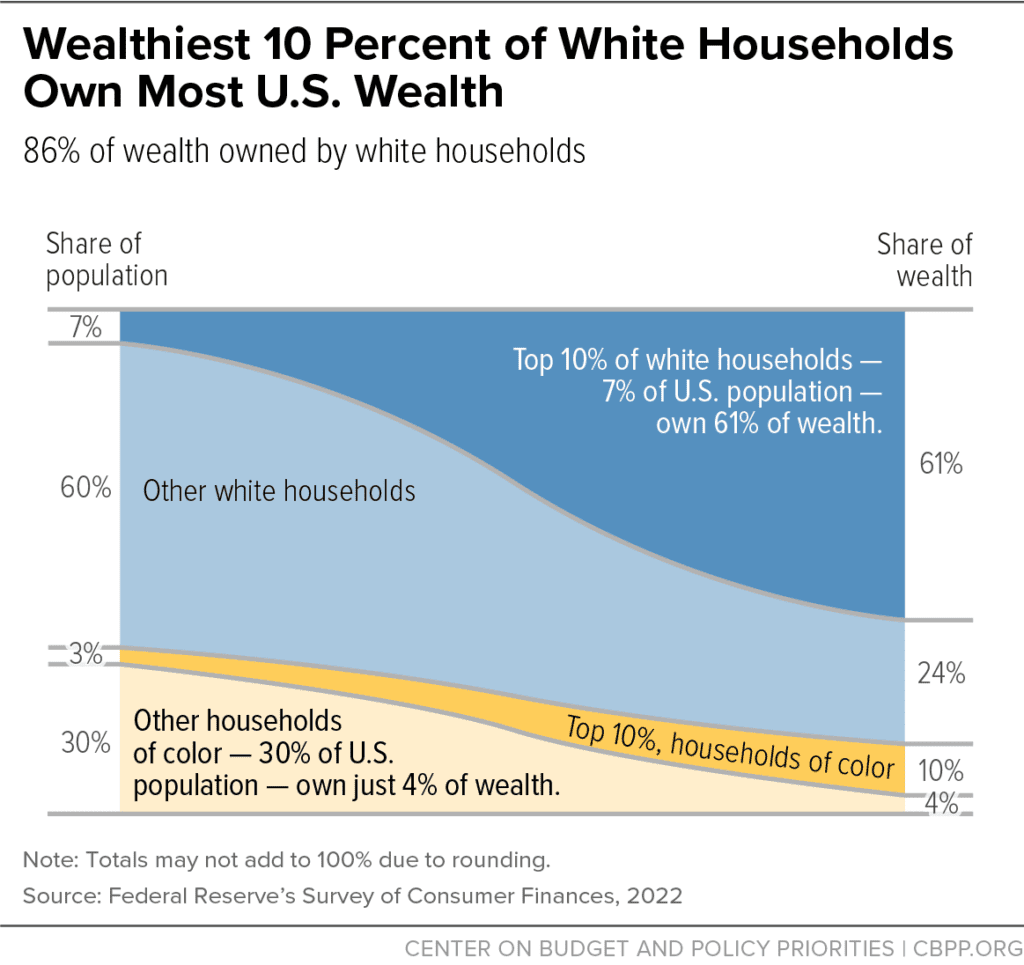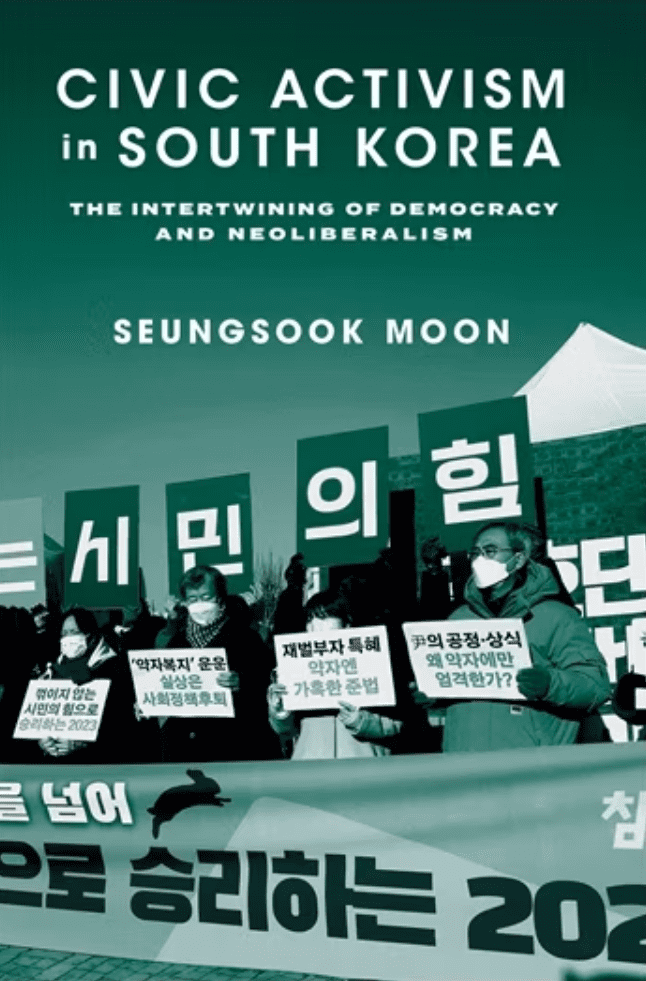
Archive for October 2024
Implementation is about putting a plan into action; the ‘how’ as well as the ‘what’.
Applying strength‐based therapeutic recreation for dealing with job stress, work–family conflict, and family–work conflict
Predictors and patterns of suicidal ideation disclosures among American adults
Interpersonal Violence and Mental Health, Drug use, and Treatment Utilization among Patients with Co-Occurring Opioid use and Mental Health Disorders
Experienced facilitators and challenges of practising motivational interaction: How can pre‐service physical education teachers adopt more motivational behaviours?
Child protection and developmental trajectories of children who entered care as infants
Conceptualizing adult ADHD with the DSM alternative model of personality disorder
Momentary displays of compassion and the relationship between psychosis, mood and risk incidents on inpatient wards: An experience sampling study
Wealth in U.S.

Initiation and/or re-initiation of drug use among people who use drugs in Vancouver, Canada from 2021 to 2022: a prospective cohort study
Evaluation of the effectiveness of critical thinking training on critical thinking skills and academic achievement by using mixed‐meta method
The interplay of maternal and paternal postpartum depressive symptoms with children’s internalizing and externalizing symptoms from childhood to adolescence: does socioeconomic status matter? A longitudinal cohort study
Therapeutic alliance rupture and resolution in a brief psychiatric treatment for borderline personality disorder
Is There a Relationship Between Body Mass Index and Eating Disorder Symptoms in Professional Male Fashion Models?
Does Science Erode Meaning?
Civic Activism in South Korea: The Intertwining of Democracy and Neoliberalism

Examining change in the mental health of young people with epilepsy following a successful psychological intervention
The Unified Protocol or Dialectical Behaviour Therapy? Considerations for Choosing Between Two Evidence‐Based Transdiagnostic Psychotherapies for Complex Patients
Teacher Self-Efficacy Beliefs and Burnout: The Mediating Roles of Interpersonal Mindfulness in Teaching and Emotion Regulation
Risk Factors for Suicide Among Professional Athletes
Psychological Assessment of Health Care Workers in the Aftermath of the February 2023 Earthquakes in Turkey
Treatment Failure Versus Failed Treatments: The Risks of Embracing Treatment Refractory Addiction
Cancer mortality predictions for 2024 in selected Asian countries and Australia with focus on stomach cancer
Cannabis Users’ and Non-Users’ Differential Responses to Two Anti-Cannabis Campaigns
Disaster and gender: Men’s experiences during and after the earthquake
People have different expectations for their own versus others’ use of AI‐mediated communication tools
Day 2: Promoting Mental Health for Sexual and Gender Minority Youth Workshop
Assessment of Public Health Agency and Utility Training Needs for CDC National Wastewater Surveillance System Jurisdictions in the United States
Jurors’ perceptions of transgender victims of sexual assault: A literature review of empirical research and policy review of judicial instructions
“A weight to carry”: Experiences of masters‐level counseling faculty teaching a multicultural counseling course
What I was thinking/what I would do differently: Clinical research
Podcast: celebrating a long career in social work
